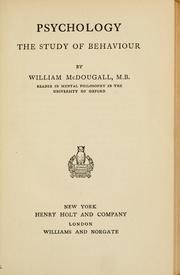
Photo from academic.microsoft.com
The present study analyzes the relationship between teachers’ beliefs about learning to read, teaching practices, and discourse. To carry out this study, we benefited from the collaboration of six teachers… Click to show full abstract
The present study analyzes the relationship between teachers’ beliefs about learning to read, teaching practices, and discourse. To carry out this study, we benefited from the collaboration of six teachers in kindergarten and the first levels of primary education. First, an attribution questionnaire was used to analyze beliefs about learning to read (Jiménez et al., 2015). Secondly, to study teaching practices, an observation tool was used (Suárez et al., 2018). Thirdly, in order to know the opinion of teachers about how to teach reading, we adapted the instrument to assess teaching perspectives elaborated by Clark and Yinger (1979). Finally, all the information was triangulated and analyzed using mixed methods. The results indicated that the relationship between beliefs, practices, and discourse is not always consistent. In all teachers, a relationship was found between some of their beliefs, practices, and discourse. At the level of beliefs, all teachers presented one predominant attributional profile, although to a lesser extent, their beliefs were also attributable to other learning theories. The results indicated that all the teachers carried out teaching practices associated with the different learning theories. Similarly to their discourse, all teachers showed diverse opinions about the learning processes involved in reading. These results indicate that teachers maintain eclectic approaches, both when they carry out activities in the classroom and when they think about learning to read.
Journal Title: Frontiers in Psychology
Year Published: 2020
Link to full text (if available)
Share on Social Media: Sign Up to like & get
recommendations!